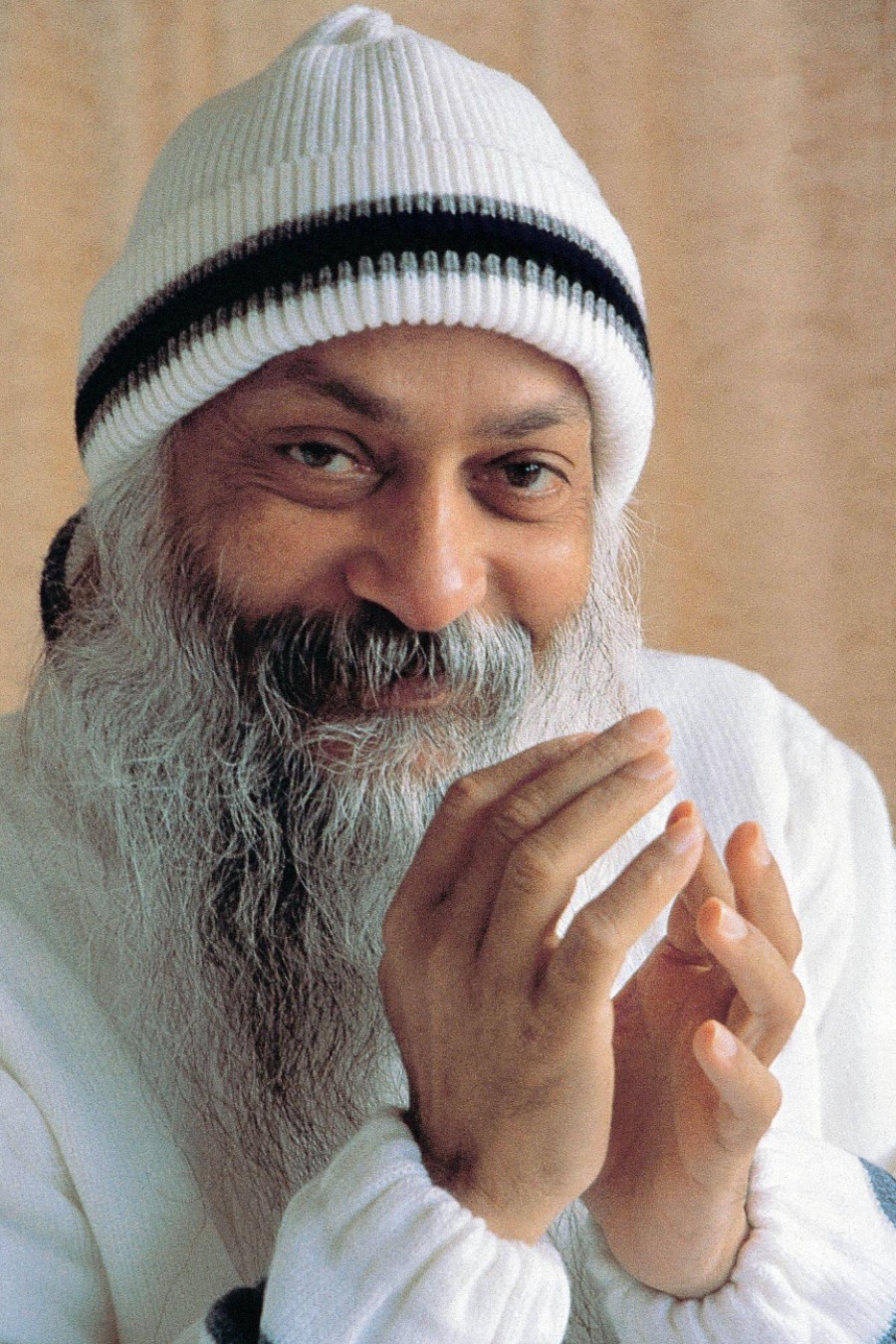
Personal info
Known for
Ultimate Talent
Gender
Male
Birthday
11 December
Location
Madhya Pradesh, India
Edit pageOsho
Biography
Osho, born as Chandra Mohan Jain, was one of the most influential and controversial spiritual leaders of the 20th century. Known for his unconventional teachings, Osho challenged traditional religious beliefs, societal norms, and moral structures. His philosophy emphasized meditation, awareness, love, and the celebration of life in its fullest form.
Early Life and Education
Osho was born on December 11, 1931, in Kuchwada, a small village in Madhya Pradesh, India. From an early age, he displayed a deep curiosity about existence and spirituality. His questioning nature often led him into debates with religious and social figures, seeking truth beyond accepted dogmas.
He pursued his education at D.N. Jain College and later completed his Master’s degree in Philosophy from Sagar University in 1957. Osho briefly worked as a lecturer at Raipur Sanskrit College and then as a professor of philosophy at Jabalpur University. His powerful oratory skills and radical thoughts quickly attracted attention among students and intellectuals.
Spiritual Journey and Teachings
During the 1960s, Osho began traveling across India, giving public talks and conducting meditation camps. His lectures covered topics ranging from spiritual freedom, love, sexuality, politics, and religion to the nature of consciousness.
Osho’s philosophy was rooted in awareness and inner transformation. He believed that each individual has the potential to reach enlightenment through meditation and self-understanding. He rejected organized religions and emphasized personal experience over belief systems. His teachings drew inspiration from Buddha, Krishna, Jesus, Lao Tzu, and modern psychology, yet he crafted a unique synthesis that appealed to both Eastern and Western seekers.
The Rajneesh Movement
In the early 1970s, Osho established the Shree Rajneesh Ashram in Pune, India. The ashram became an international center for meditation, attracting thousands of followers from around the world.
In 1981, Osho moved to the United States and founded Rajneeshpuram, a commune in Oregon. The experiment aimed to create a utopian society based on mindfulness, creativity, and communal living. However, the commune faced significant legal and political controversies, eventually leading to Osho’s arrest and deportation from the U.S. in 1985.
After returning to India, he resumed teaching in Pune, where his community continued to grow. The ashram later became known as the Osho International Meditation Resort, blending
Spirituality with modern living.
Philosophy and Legacy
Osho’s central message revolved around living life with total awareness. He encouraged his followers to meditate deeply while remaining engaged with the world. He often said, “Be realistic: plan for a miracle.”
His meditative techniques, especially Dynamic Meditation, remain popular worldwide. These active meditation methods combine physical movement, catharsis, and stillness to help individuals release suppressed emotions and reach inner silence.
Despite the controversies surrounding his lifestyle and commune, Osho’s teachings continue to inspire millions. His discourses have been compiled into hundreds of books, translated into multiple languages, and continue to influence thinkers, therapists, and spiritual seekers globally.
Death and Continuing Influence
Osho passed away on January 19, 1990, in Pune, India. His followers commemorate this date as a celebration of his life rather than mourning his death.
Today, the Osho International Meditation Resort remains one of the most visited spiritual centers in the world. His ideas on meditation, freedom, and consciousness have gained renewed relevance in an era seeking mindfulness and authenticity.
Conclusion
Osho’s life was a blend of brilliance, controversy, and profound insight. Whether seen as a mystic, philosopher, or rebel, his influence on modern spirituality is undeniable. He invited humanity to live fully, consciously, and joyously—reminding us that enlightenment is not a distant goal but a realization possible in every moment.